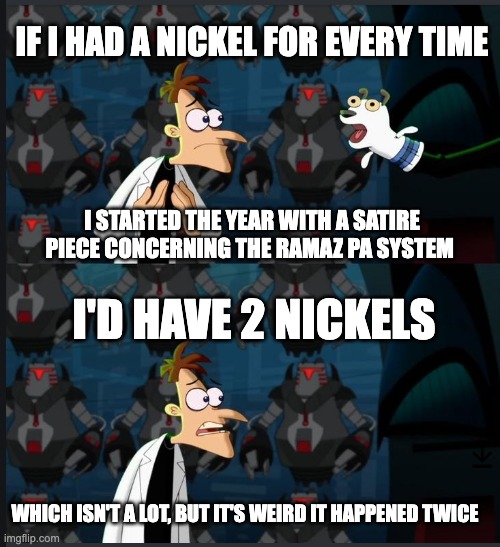Social Media

Adults like to tell millenials that social media is evil. I used to roll my eyes just like everyone else, and kept on using Instagram and Facebook as if it didn’t make a difference. I had a Snapchat account for a quick second in freshman year before I decided that close-ups of my face with dog ears wasn’t my thing. However, social media is a big part of any teenager’s social life, and it often seems like adults don’t realize the social hit you take from not being a part of it. Everyone’s connected online, and maybe more than half of interactions teenagers have nowadays happen over chat, FaceTime, DMs, the comments section, or Snapchat. People also interact differently online; you can’t hear lisps or stutters over iMessage, and you have time to formulate the optimal reply. When you’re speaking, oftentimes you’ll walk away from a conversation and think shoot, I just realized the perfect response. Over text, you have the ability to return to a message fifteen minutes or even hours later with the “right” answer.
My point? Anything that happens online isn’t real. It’s not tangible. I see my computer screen, but I don’t see the zeroes and ones that form the pictures in front of me. Everything is synthetic, the product of refining and filtering. You notice it all the time– people whose personalities change noticeably online. Shy kids suddenly have a lot to say. As a general rule, most people get bolder. I know I, personally, tend to use a lot more slang online than I do when I’m speaking. (I’ll be caught dead before I refer to someone as “bro” in person, but I use it at least once every five texts.)
It took me a long time to feel this way. I didn’t feel any different about texting than I did about talking. I spent a moderate amount of time on Instagram and Facebook every day, and even more than that Whatsapping. But I gradually started to realize the pressure that social media placed on me every single day. The pressure to post. The pressure to think of a funny caption. The pressure to make sure nobody is excluded from the picture or tags. The pressure to post for people’s birthdays. The pressure to get enough likes. The pressure to like and comment. The pressure to look good. Pressure, pressure, pressure. How could it be that the internet, which by definition is an ever-changing, completely unique entity, could create such a need to conform?
I deleted Instagram a few weeks ago. This doesn’t sound like it was such a big step, but it was. As I’ve said, a lot of our interactions are conducted on social media, and as I clicked the little x-mark on top of the app, I couldn’t help but feel that I was tossing away a good portion of my social life. Other kids I know who have deleted Instagram or Snapchat before–usually so they could focus on their schoolwork, in true Ramaz fashion–lasted no more than two weeks before they reactivated their accounts. They were consumed by FOMO (Fear Of Missing Out) because of the culture we’ve created based solely on one’s ability to post the perfect picture. I know that in the time since I deleted Instagram, my fingers have moved to the spot where the app used to lie on my home screen unconsciously more than a few times; my brain constantly tries to rationalize re-downloading it again. I haven’t let myself– yet. The freedom from having to compare myself to everyone else has made FOMO a small price to pay, and my self-confidence and self-image are definitely up.
Now, I don’t want to be that annoying person who says “Delete all your social media! Social media is the devil!” because, let’s face it, you never will, and it’s also not even true. Lots of positives come out of our digital lives, and online networks have created an era of hyperconnectivity and an almost unlimited well of knowledge. But it’s important for everyone to know that social media isn’t an inescapable trap, and if you feel yourself being consumed by it, maybe it’s time to take a deep breath and disconnect.



